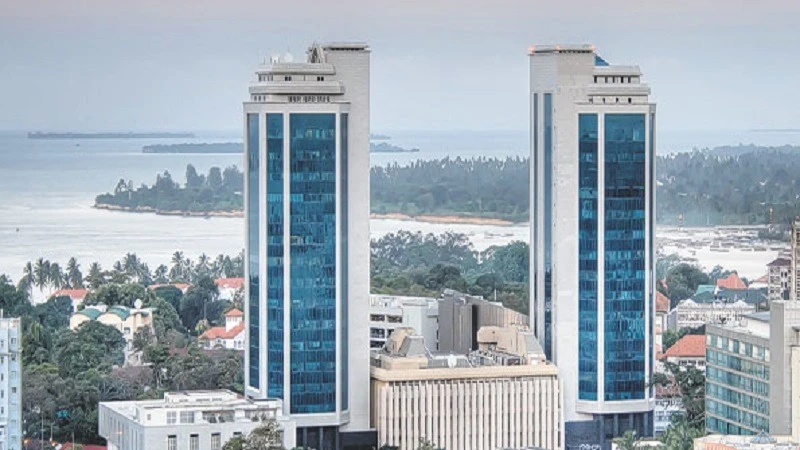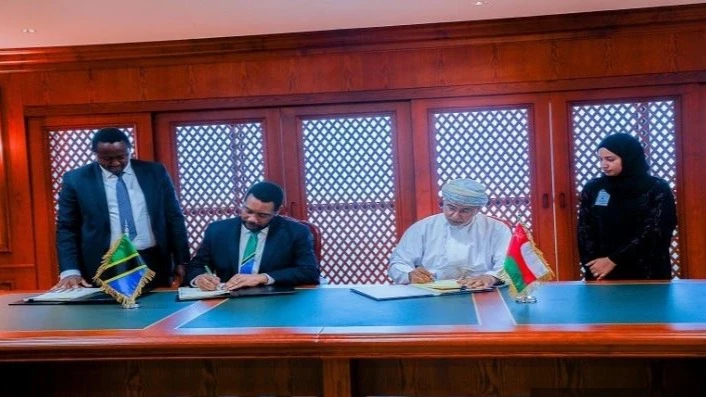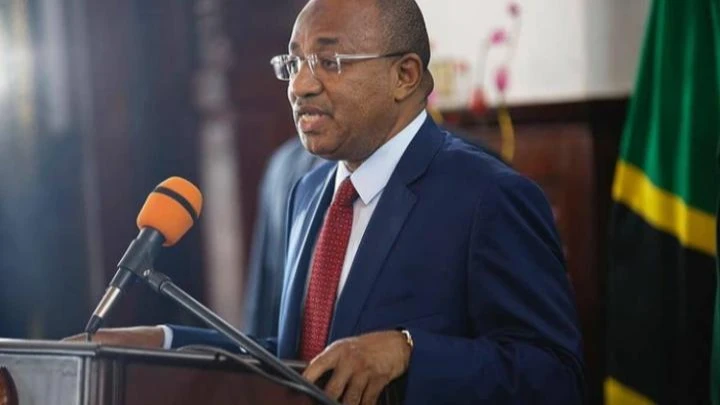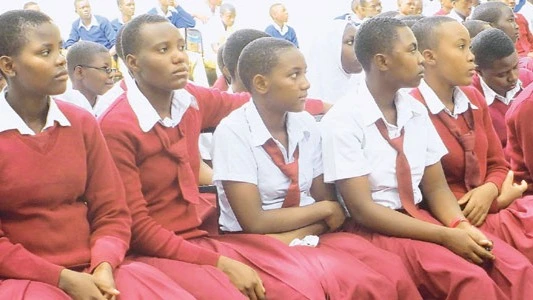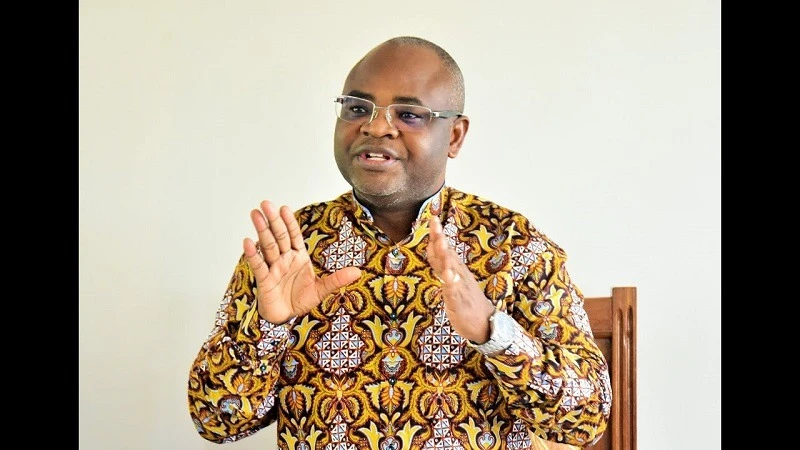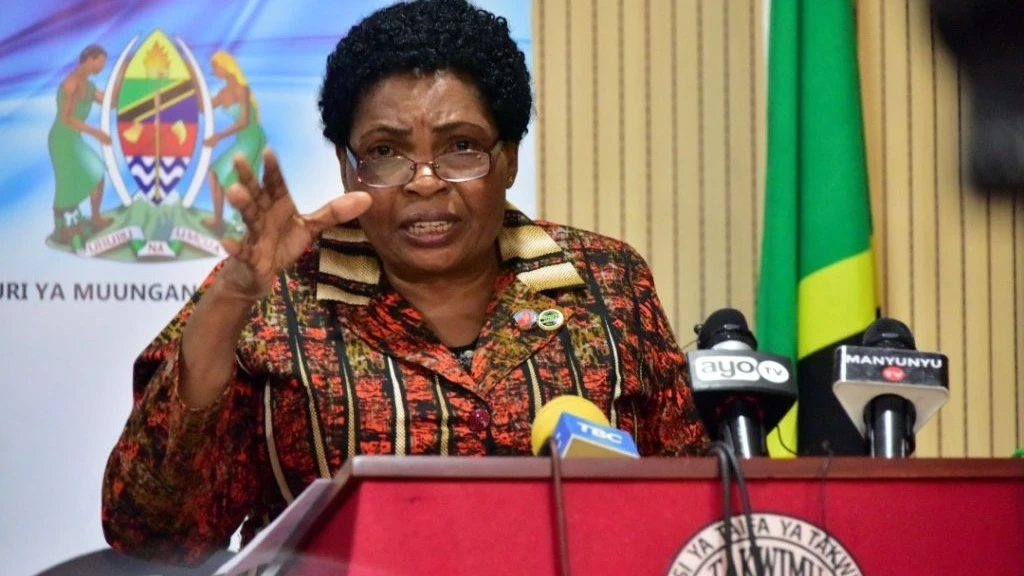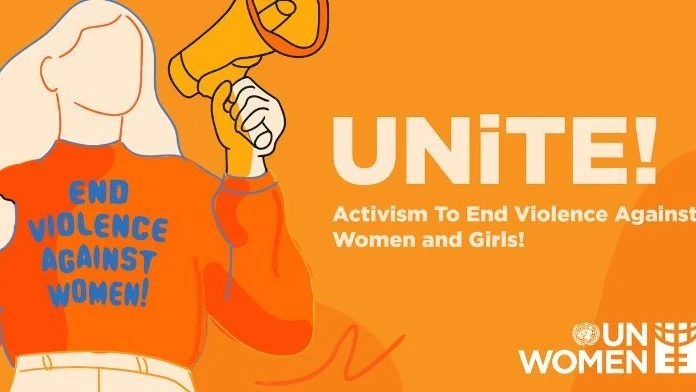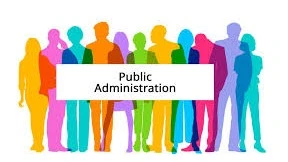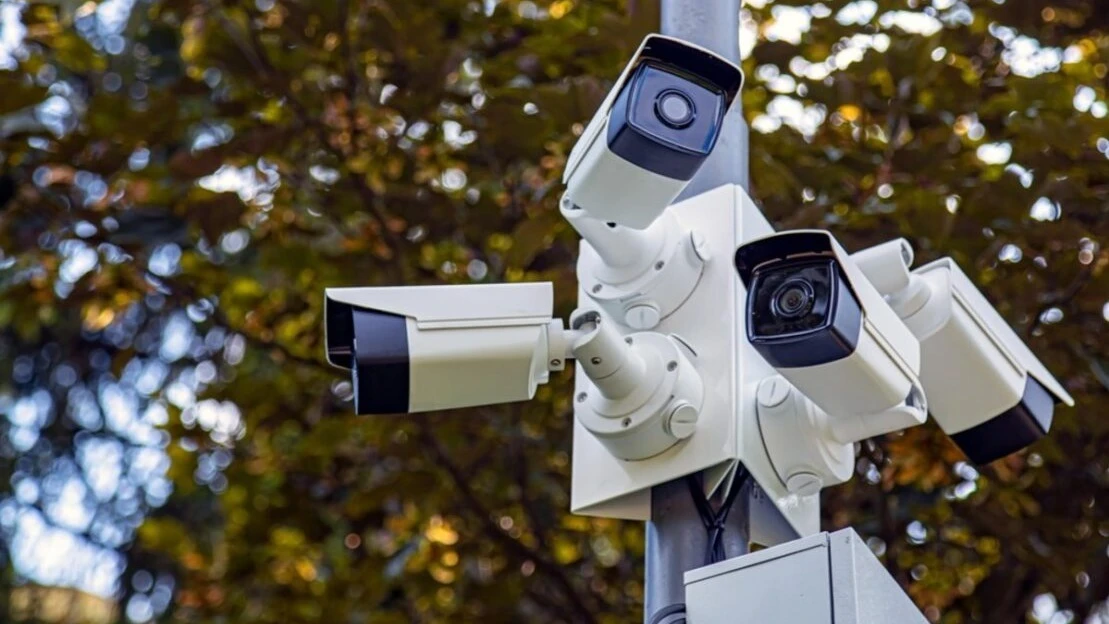There is indeed a difference between personal sentiment and state concerns
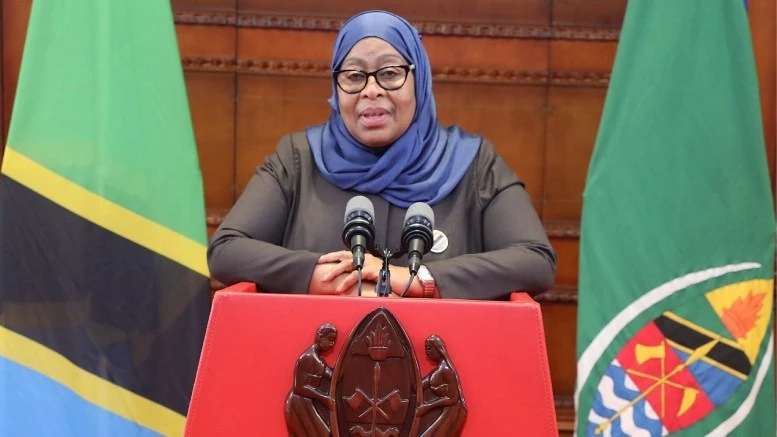
PRESIDENT Samia Suluhu Hassan was at hand to reiterate a basic norm in the conduct of inter-state relations when closing an important police force anniversary at the Police Training School in Moshi. Apart from social media messaging, the president was as yet to directly take up an outcry on abduction and killing of an opposition cadre, though not an overly active politician. The president didn’t object to raising views or sentiments, but demanded taking note of station, prerogatives.
In clear, the appeal was to foreign diplomats accredited here to respect the 1961 Vienna Convention on the conduct of diplomatic relations among sovereign states.
As most students of international relations would agree, the landmark convention shows limits of diplomatic conduct when one represents a country in a foreign land. It was an update of a principle of diplomatic conduct that was expressed nearly five centuries ago when nations were being formed in Europe, alliance systems, etc.
To cut a long story short, what the president said in sum was that there is a difference between the personal sentiments of an ambassador and the proper position of the country such envoy represents. The case of a person being abducted and killed is such a case, where a diplomat may have utmost concern on that incident, but it is not of a level here the country he or she represents also wishes to be involved in a direct manner. Expressing such sentiments in the usual diplomatic channels is one thing, and issuing public statements individually or collectively is a different matter, definitely.
The idea was that these expressions of outrage on the part of diplomatic missions were those of the persons heading those embassies, while underlining that any responses if necessary would be directed to the heads of state or government of the countries taking positions on the matter. In that case the matter ought to have been raised by diplomatic channels as they can’t be addressed with those countries in the manner they were raised. Those moving to use the local media acted as NGOs, as among the lobbies that are commonly understood as stakeholders in political issues…
It may easily be agreed that the standards of investigation say in the United States where a presidential candidate has survived two assassination attempts and where this opposition cadre was abducted and killed are not exactly the same. This may explain some of the wish to make the sentiments public, to prejudge the matter and make it clear on which side of the debate envoys are to be counted. Yet this is not consonant with the principles of working with sovereign states, as those who are immune to any proceedings have a limitation on sentiments they can publicly express.
If one were to be candid on the issues, it is evident that local political actors often tke the diplomatic street as an extension of their own activities, with a faulty ombinus comprehension of democracy as saying whatever one wants, demonstrating, etc. Warnings that some elements are ready to wreck the peace to create conditions for a plebiscite on the ruling party go unheeded by diplomats, as nothing ought to infringe free expression. This is what partially riles the president, as it is contrary to what the state authorities can do with in order to maintain harmony and stability. It isn’t easy.
Top Headlines
© 2024 IPPMEDIA.COM. ALL RIGHTS RESERVED






